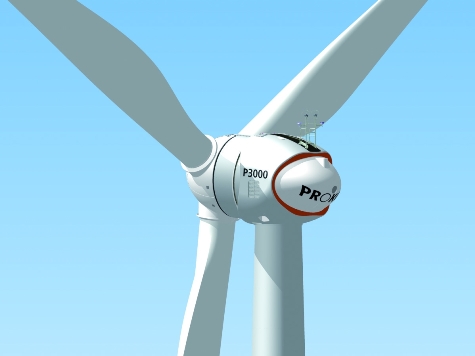A German company promising “ethical” investments in renewable energy has been exposed as little better than a Ponzi scheme, leaving thousands of private investors struggling to salvage something from the €371m (£294m) they claim they are due.
The insolvency administrator says the company’s files have revealed evidence of fraud.
Prokon, a renewable energy developer and wind farm operator, had raised nearly €1.4bn by selling profit participation certificates to small investors. It filed for insolvency in January after panicked investors withdrew their cash because of concerns over liquidity.
Now in what has been called “one of the biggest creditors’ assemblies in German business history,” more than 4,000 creditors crowded into a Hamburg exhibition hall on Tuesday to vote on how the insolvent Prokon company would proceed in order to settle the €391m in outstanding investor claims. They voted to sell off some of Prokon’s assets in a desperate attempt to recoup at least some of their original investment.
According to Der Spiegel, creditors are likely to lose a large part of their capital.
The vote was a victory for insolvency administrator Dietmar Penzlin who was pitted against Prokon’s ex-CEO, Carsten Rodbertus. The former CEO was trying to regain control of the company he founded before Penzlin fired him when the company went bust.
Penzlin said Prokon’s files have revealed evidence of fraud.
According to German news site dw.de: “Whether the suspicions are well-founded or not remains unclear; forensic accounting will be needed to shed light on the matter. The public prosecutor has begun an investigation of allegations of financial irregularities at Prokon.”
The company had raised €1.4bn (£1.1bn) since its founding in 1995 by advertising directly to the public. It promised extraordinary returns of up to eight per cent from “environmentally responsible” investments to a German public who save on average ten per cent of their income.
According to dw.de: “Consumer advocates had long argued that wind farms could not support such a high rate of return, and some had expressed suspicion that the company was a Ponzi scheme, in which high returns were paid out using fresh money from new investors – until it was no longer possible to recruit enough of the latter.”
The company continues to operate wind turbine parks in Germany, Poland and Finland.

COMMENTS
Please let us know if you're having issues with commenting.